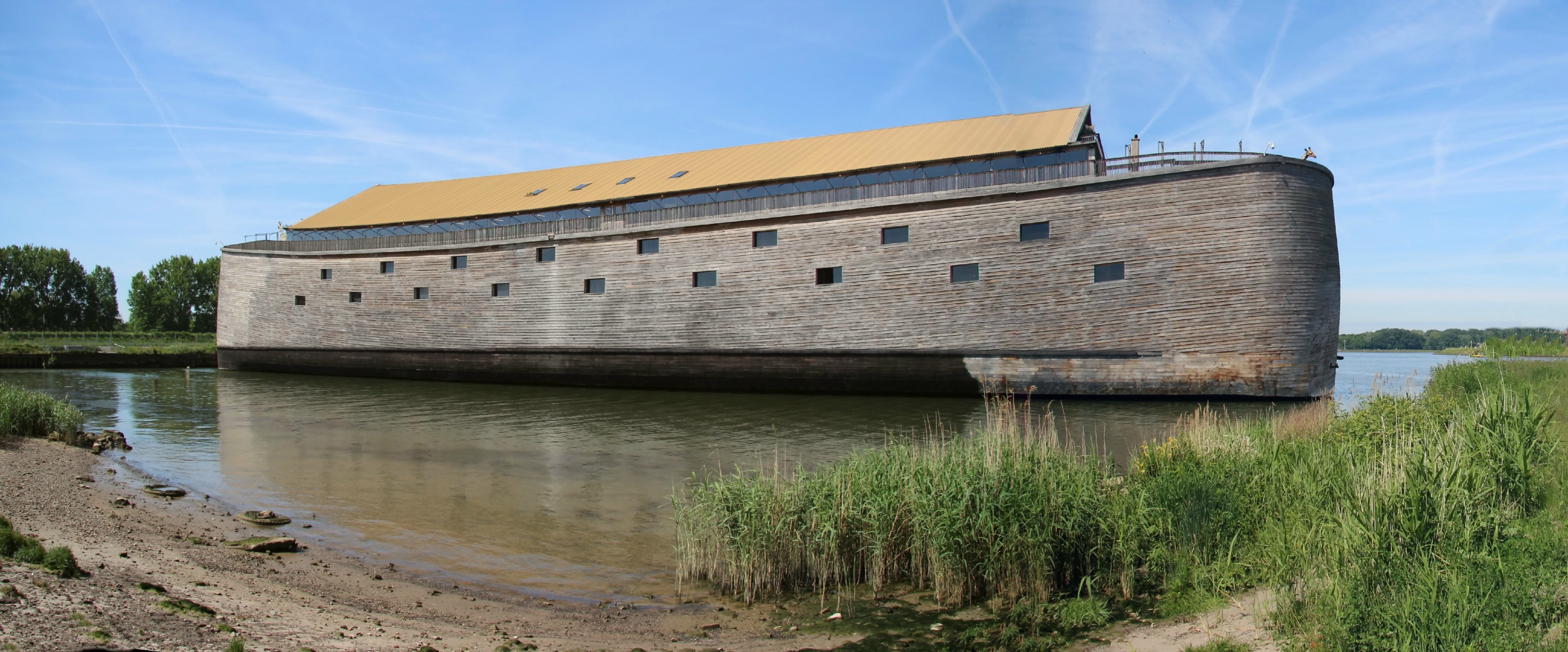Dinosaurs
People have long been fascinated with these almost mythical-like creatures that we know about, only through fossil evidence.
Shows like Walking With Dinosaurs have further driven our engrossing awe of these creatures and generations of children all over the world continue to be captivated by the mere sight of them in books, T.V. shows and museums. The 2015 movie release of Jurassic World is already set to be a box office monster, predicted to rake in over $100 million at its opening.
But how do we reconcile these enormous creatures with the biblical account of creation?
Are Dinosaurs in the Bible?
The word dinosaur wasn’t coined until the late 1840s, so it is not surprising that when we look to the bible for the word ‘dinosaur’, we will find only silence. However, we know that “In the beginning….” God created everything – including the beasts of the earth, so dinosaurs were there.
Though we cannot hit our concordance and find pages that feature ‘dinosaurs’, what we do have is references to creatures that look an awful lot like dinosaurs.
Job 40: 15-18 reads;
“Look at Behemoth, which I made just as I made you; it eats grass like an ox. Its strength is in its loins, and its power in the muscles of its belly. It makes its tail stiff like a cedar; the sinews of its thighs are knit together. Its bones are tubes of bronze, its limbs like bars of iron.”
The passage describes the behemoth as an herbivore with a tail like a tree and limbs like bars of iron. This is a very graphic description of an animal that sounds convincingly dinosaur-like. In Hebrew, ‘Behemoth’ translates to ‘gigantic beast’. Some argue that this passage is referring to a large land animal that we are already familiar with, such as an Elephant or Hippopotamus but neither of these animals, nor any others have a tail like a cedar. At the very least, we can conclude that the ‘behemoth’ is not a normal animal, and certainly does not describe a house cat.
As Job goes on, we are introduced to another creature that is difficult to reconcile with our modern experience: the Leviathan.
”Any hope of capturing it will be disappointed; were not even the gods overwhelmed at the sight of it?…No one is so fierce as to dare to stir it up. Who can stand before it? Who can confront it and be safe? —under the whole heaven, who? …I will not keep silence concerning its limbs, or its mighty strength, or its splendid frame.”
It is interesting that the Leviathan is introduced in the chapter following the entry of the behemoth. Both the creatures being introduced here are described as enormous, frightful creatures that reveal the potent capacity of God’s creative activity.
The word ‘dragon’ also appears a number of times in the Old Testament. Since there was no language to describe dinosaurs before the nineteenth century, creation scientists have come to conclude that dinosaurs were called dragons, and it is to dinosaurs, that these passages refer. A few examples include;
- Isaiah 27:1
- Jeremiah 51:34
- Psalms 74:13
- Nehemiah 2:13
- Ezekiel 29:3
The Bible is not the only place where we can find reference to dinosaurs. Many other ancient sources mention dragons, including;
- The Epic of Gilgamesh (dating back to 2000 BCE) features a protagonist who has to slay a dragon
- Alexander the Great and his army reported sightings of huge hissing reptiles
- Dragons are rife within Chinese tradition
- England’s story of ‘St George’ revolved around a man that slew a dragon who dwelt in a cave
- Early drawings carved on rock depict dinosaurs. The most notable are located in Angkor Wat.
What Happened to the Dinosaurs?
From the perspective of the biblical accounts, the simplest explanation for the extinction of the dinosaurs is by attributing their demise to the flood described in Genesis 6 and 7.
Some creationists believe that dinosaurs accompanied the other animals onto the ark, but the changed environment in the post-flood world meant that they could not survive, and so they slowly died out.
Be sure to subscribe, and head here to sign our petition to establish Creation Day as a national holiday.
- 4 Reasons to Believe in Creation - October 7, 2015
- How Many Of Each Animal Was On The Ark? - October 3, 2015
- Living A Christian Life In A Culture of Consumption - October 3, 2015


